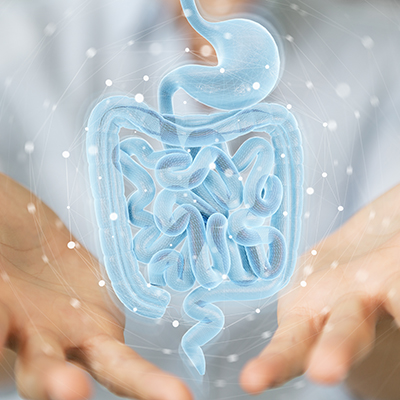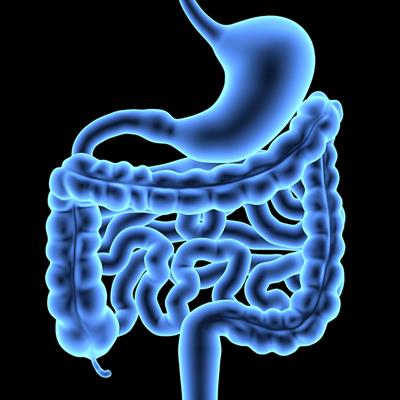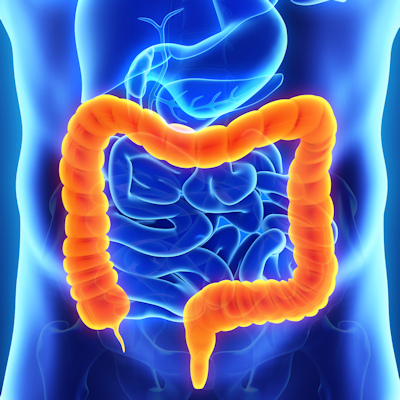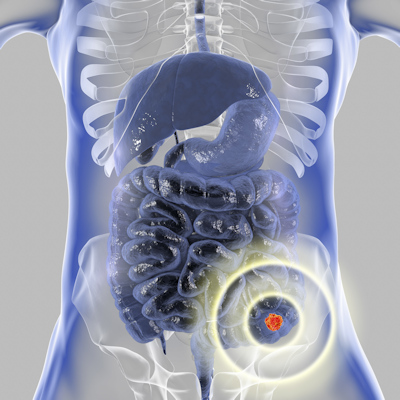March 3, 2023 -- Most Crohn's disease patients experienced complete clinical healing of perianal fistulas after treatment with a stem cell-loaded plug, according to data published in the journal Diseases of the Colon & Rectum.
Perianal fistulas are one of the hardest to treat manifestations of Crohn's, and affect around one-quarter of people with the autoimmune disease. Anal gland infections can result in abscesses and, when left untreated, patients can require permanent colostomy and sometimes develop cancer. Patients may need to wear pads to protect clothing and prevent odors, negatively affecting their quality of life.
A combination of surgery and medicines improve outcomes in up to 60% of patients but there remains a need for ways to treat patients with refractory perianal Crohn's disease. Researchers at Mayo Clinic have identified mesenchymal stem cells (MSCs) as a potential way to address the problem.
The team used a commercially available bioabsorbable fistula plug to deliver autologous adipose-derived MSCs taken from Crohn's patients. The MSCs were isolated from the fat of Crohn's patients, expanded, and seeded onto the fistula plug. Six weeks later, the plug was placed into the patient who had provided the MSCs.
In a phase I clinical trial, the researchers studied the approach in 20 adults with complex single-tract Crohn's perianal fistulas who had not responded to conventional therapy. Two patients dropped out of the study in the first six months, and another participant withdrew before the 12-month analysis.
After six months, 14 of the 18 evaluable patients had experienced complete clinical healing. The effect was durable out to at least 12 months, at which point 13 of the 17 evaluable participants were still in complete clinical healing. The researchers saw a response on MRI scans in 12 of the 18 patients after six months.
No patient experienced a serious adverse event related to the stem cell-loaded plug. Four patients were hospitalized over side effects such as infections or required surgical draining of an abscess, and 12 people reported minor reactions including redness, fever, or nausea.
Dr. Eric Dozois, a colorectal surgeon and first author on the study, framed the results as progress for the field. "In my 20 years of clinical experience, our fistula research suggests we are getting closer to a care model," Dozois said in a statement. Dozois, who has financial interests in the regenerative fistula plug, is recommending that the technology be examined in larger studies to confirm the results.
Copyright © 2023 scienceboard.net











